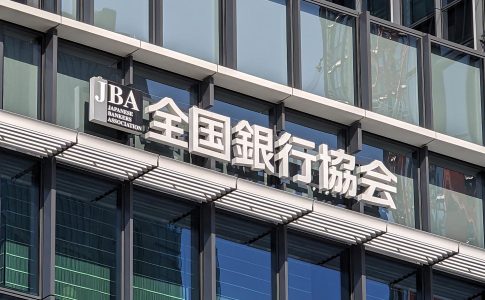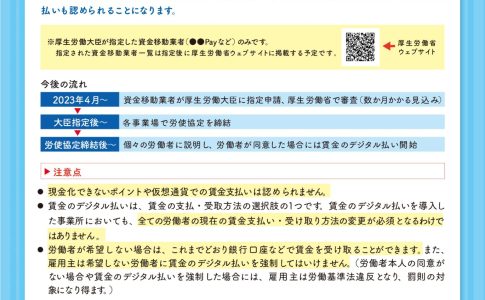Navigating Japan’s ‘Poli-Crisis’: Debunking Fiscal Discipline Amid Global Turmoil
At the October 10th Economic and Fiscal Advisory Council meeting, focused on economic measures, BNP Paribas Securities member Mana Nakasora, known for her fiscal conservatism, asserted it was time to revert Japan’s finances to normalcy post-pandemic. Finance Minister Shunichi Suzuki echoed this, emphasizing the need to focus on normalcy. Yet, this rhetoric seems disconnected from global realities. Just days before Nakasora’s statement, Hamas launched attacks on Israel, a stark reminder that global conflicts like the ongoing Russia-Ukraine war directly impact Japan through surging energy and food prices, inducing cost-push inflation. While the pandemic may be receding, with COVID-19 reclassified in Japan from Category 2 to 5 in May, the resulting...










